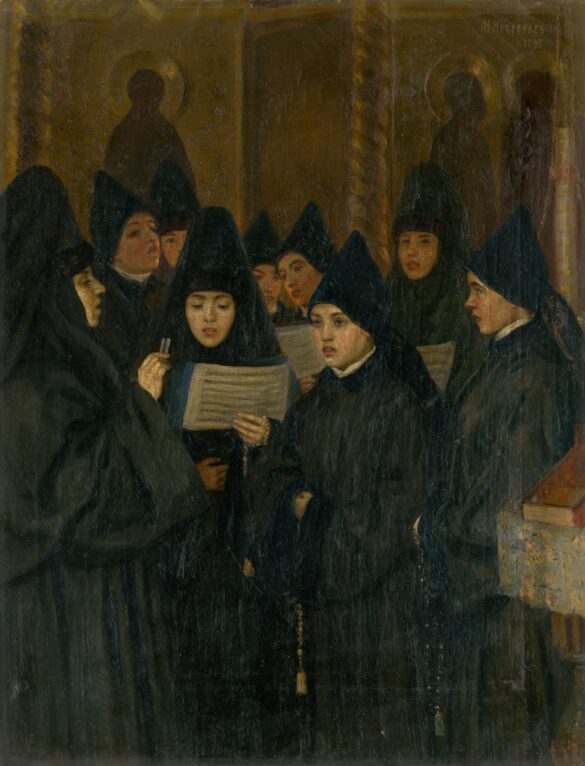The relationship between religion and politics is a topic that has been debated and discussed for centuries. From ancient civilizations to modern democracies, the influence of religion on political decisions and the role of politics in shaping religious beliefs have always been intertwined. In this blog post, we will explore the complex and sometimes controversial relationship between religion and politics.
Religion has played a significant role in shaping political decisions and governing societies throughout history. Many ancient civilizations, such as the Greeks and Romans, believed in the concept of divine right, where rulers were seen as chosen by the gods to rule over their people. This belief in the connection between religion and politics continued through the Middle Ages and into the modern era, with monarchs claiming to rule by the will of God.
In many countries, religion continues to play a major role in shaping political decisions and policies. For example, in the United States, religion has been a driving force in shaping public opinion and influencing political debates. Issues such as abortion, same-sex marriage, and immigration are often framed in religious terms, with politicians and voters citing their religious beliefs as a basis for their policies and positions.
Religion also plays a role in shaping political ideologies and movements. Throughout history, religious leaders have used their influence to mobilize followers and advocate for social change. From the civil rights movement led by Martin Luther King Jr. to the anti-apartheid movement in South Africa led by Desmond Tutu, religion has been a powerful force for social justice and political change.
However, the relationship between religion and politics is not always harmonious. Throughout history, religious conflicts and divisions have led to violence, persecution, and war. The Crusades, the Spanish Inquisition, and the Protestant Reformation are all examples of how the intersection of religion and politics can lead to conflict and division.
In modern democracies, the separation of church and state is often seen as a key principle to ensure religious freedom and prevent the abuse of power by religious authorities. The United States, for example, enshrines this principle in the First Amendment to the Constitution, which prohibits the government from establishing a national religion or interfering with the free exercise of religion.
Despite the separation of church and state, religion continues to have a significant influence on politics in many countries. Religious leaders and organizations often play a role in shaping public opinion, mobilizing voters, and advocating for policies that reflect their values and beliefs. In some cases, religious groups may even form political parties or alliances to advance their agenda.
One of the key challenges of the relationship between religion and politics is how to balance the rights and beliefs of individuals with the need for a fair and inclusive political system. In diverse societies with multiple religious traditions, it can be difficult to reconcile the conflicting beliefs and values of different groups. Issues such as religious freedom, the rights of minorities, and the role of religion in public life are all hotly debated topics in many countries.
In some cases, religion has been used as a tool to justify discrimination, violence, and oppression. Extremist groups and authoritarian regimes may use religion to justify their actions and suppress dissent. The rise of religious nationalism, terrorism, and religious persecution are all examples of how religion can be used as a weapon to divide societies and justify violence.
On the other hand, religion can also be a force for good in politics. Many religious traditions advocate for peace, justice, and compassion, and their values can inspire individuals and communities to work towards a more just and equitable society. Religious leaders and organizations often play a key role in advocating for social justice, human rights, and environmental protection.
Ultimately, the relationship between religion and politics is a complex and multifaceted one. While religion can be a powerful force for social change and political mobilization, it can also be a source of division and conflict. In modern democracies, it is important to strike a balance between protecting religious freedom and ensuring a fair and inclusive political system that respects the rights and beliefs of all individuals.
As we continue to navigate the complexities of the relationship between religion and politics, it is important to engage in open and respectful dialogue with those who hold different beliefs and values. By fostering understanding and empathy across religious traditions and political ideologies, we can work towards a more peaceful and just society for all.

